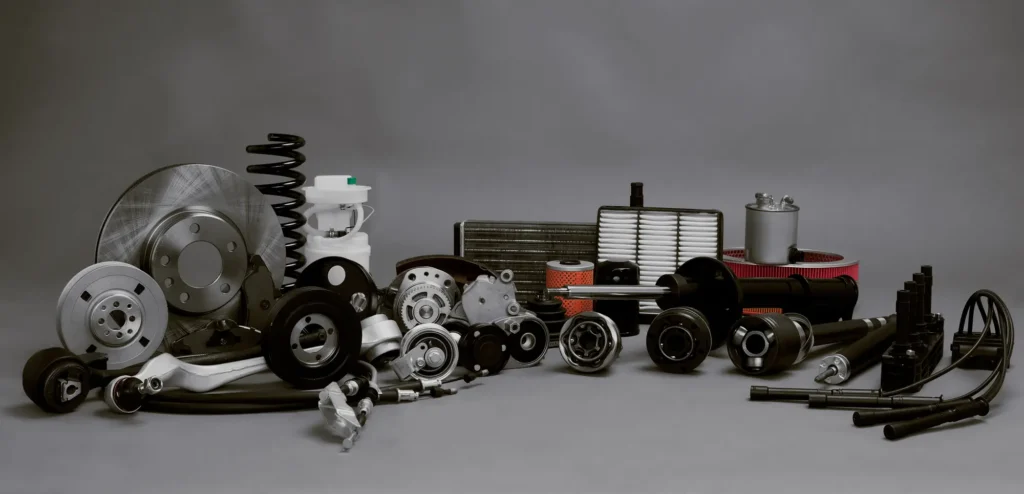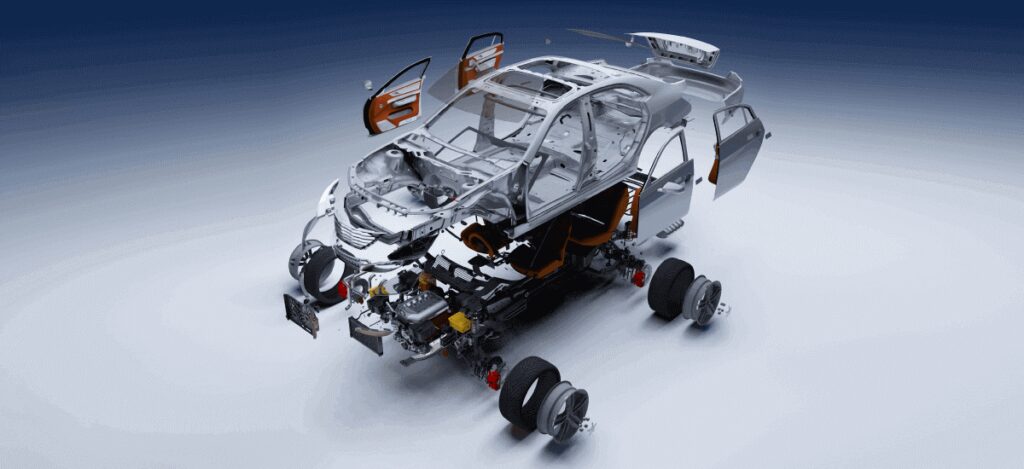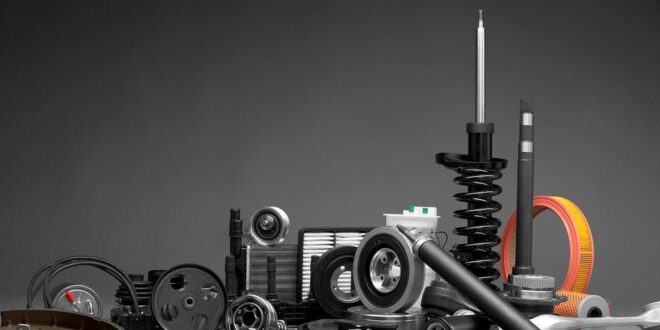When your car needs a replacement part, it can feel overwhelming. I’ve been there—browsing endless online listings, unsure whether I’m about to spend money on something that might not even fit.
But, let’s face it, car repairs can be costly, and used parts are an affordable way to keep your vehicle running smoothly. However, you don’t want to cut corners when it comes to safety. I’ve learned a few tricks along the way that can help you find quality used car parts without compromising safety.
1. Start with Trusted Sources

The best place to begin? Stick with reputable sellers. Whether it’s an online marketplace, a local salvage yard, or an auto parts store, always check reviews. There are established online platforms specifically for used car parts, such as Car-Part.com, eBay Motors, and AutoZone’s used parts section. These sellers often have warranties and return policies, which can save you headaches down the road.
You’ll also find value in checking out local options. I’ve found some real gems by simply calling up local auto salvage yards. Many will tell you upfront if they have the part you need, and you can even inspect it before buying. It’s always reassuring to see what you’re paying for in person.
When searching for affordable and reliable parts, always compare options from reputable sources like local providers; for example, you can check St Catharines auto parts prices to get an idea of what’s available nearby.
2. Do Your Research
Before jumping into a purchase, take time to confirm the exact part you’re looking for. Cars come with specific model numbers, and even a small variation could mean a part won’t fit. Make sure you have the VIN (Vehicle Identification Number) handy—this little number holds all the secrets about your car’s make, model, and year. Matching part numbers is also a smart move.
Here are a few tips:
- Take a photo of the old part to compare with potential replacements.
- Look for identifying marks like serial numbers or manufacturer logos.
- Check your car’s manual for details.
3. Inspect the Part Before Buying

If you’re buying in person, inspect the part carefully. Trust me, nothing’s worse than getting home only to realize what you bought is damaged or worn out. Look for visible signs like cracks, rust, or excessive wear. For moving parts like alternators or starters, ensure they turn smoothly without grinding noises.
If you’re buying online, ask for detailed photos. Most reputable sellers will provide multiple angles. If something looks off, don’t hesitate to ask questions—any reputable seller should be willing to offer additional information.
4. Avoid Used Parts That Could Compromise Safety
Some parts are best bought new, no matter the savings. Anything related to your car’s safety systems, such as brakes, airbags, or seat belts, should never be bought used. These components wear out over time, and you don’t want to risk your life (or your family’s) to save a few bucks.
However, many non-safety-related parts are perfectly fine to buy used:
- Exterior body panels
- Mirrors and glass
- Interior components like seats or dashboards
- Engine parts like alternators or radiators (with proper inspection)
5. Ask About Warranties and Return Policies
Here’s a tip I wish I knew earlier: always check if the seller offers a warranty or return policy. It’s not uncommon for used parts to have hidden flaws that aren’t obvious right away. Having a fallback plan can save you time and money if something goes wrong.
Some sellers will offer a short-term warranty (like 30 days), which is especially useful for parts like electronics or engine components that can be tricky to assess on sight.
6. Trust Your Gut

At the end of the day, go with your instincts. If something feels off—whether it’s a weird response from a seller or a part that looks too good to be true—walk away. In my experience, a little caution goes a long way in avoiding scams.
I once almost bought a “refurbished” transmission online that seemed like a steal, but a closer look at the seller’s reviews raised red flags. I walked away and found a better option a week later. It’s worth waiting to find the right part, especially when it comes to safety.
Wrapping Up
Buying used car parts can be a smart way to save money, but it’s all about making informed decisions. Stick with reputable sources, do your homework, and never compromise on safety-related components. You’ll not only save some cash, but you’ll also feel confident that your vehicle is running as safely as possible.
So, next time your car needs a part, don’t be afraid to consider the used market. Just remember to shop smart, and you’ll find what you need without any regrets. Safe driving!
 HQ Grande Prairie HQ Grandie Prairie is an online news portal aimed at providing latest day to day happenings of the World to its viewers.
HQ Grande Prairie HQ Grandie Prairie is an online news portal aimed at providing latest day to day happenings of the World to its viewers.
